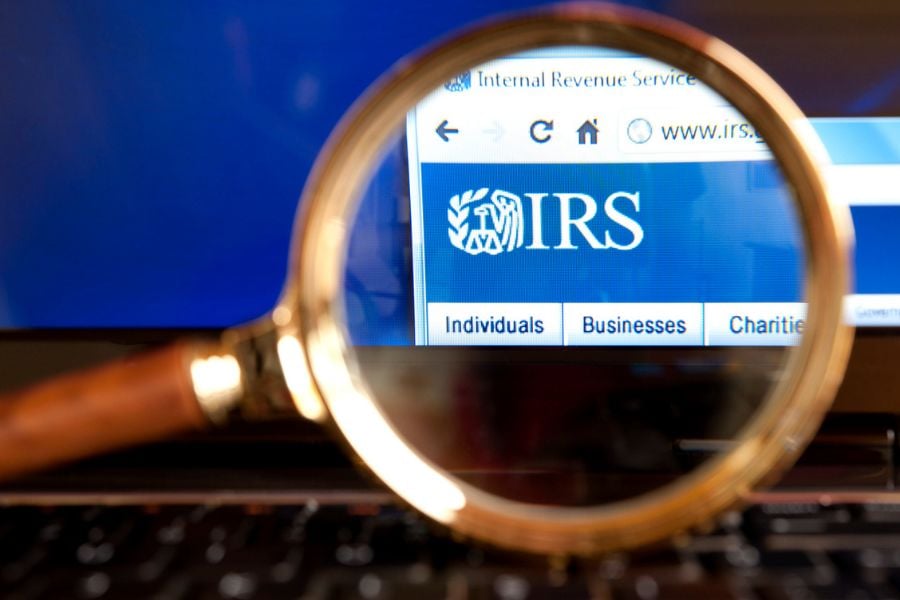

Wealthy people who exploit loopholes or deficiencies in tax laws to evade or substantially reduce tax liabilities are the target of new measures announced by the Internal Revenue Service.
Tax officials are taking aim at ‘abusive partnerships’ that use related parties for ‘basis shifting’ where high-income taxpayers and corporations move the value of their investments from assets that don't help them save on taxes to assets that do. They do this without making any real changes to their business operations or financial situation.
The IRS and Treasury have issued new guidance on basis shifting, which often involves several steps over a period of years and the use of sophisticated tax technology.
Taxpayers may use circular transactions to move funds around, inflated or artificial losses, and complex structures that make it more challenging for the IRS to trace and understand their transactions.
“These complicated maneuvers take time and resources for the IRS to uncover. The new guidance is aimed at telling promoters that the IRS considers these transactions inappropriate, and we are bringing new Inflation Reduction Act resources into play to beef up our compliance work in the overlooked partnerships and pass-throughs area.”
Partnerships are a type of pass-through organization according to the federal tax code. These organizations, which include partnerships and S-corporations, don't pay corporate income tax as their income is passed through to the individual or corporate owners' tax returns and taxed at their personal income tax rates.
Loopholes sometimes used in these partnerships, which the IRS estimates could potentially cost taxpayers more than $50 billion over a 10-year period, will be addressed by a new team of officials within the IRS’ Office of Chief Counsel,
“This announcement signals the IRS is accelerating our work in the partnership arena, which has been overlooked for more than a decade and allowed tax abuse to go on for far too long,” added Werfel. “We are building teams and adding expertise inside the agency so we can reverse long-term compliance declines that have allowed high-income taxpayers and corporations to hide behind complexity to avoid paying taxes. Billions are at stake here.”

Plus, a $400 million Commonwealth team departs to launch an independent family-run RIA in the East Bay area.

“I respectfully request that all recruiters for other BDs discontinue their efforts to contact me," writes Thomas Bartholomew.

The collaboration will focus initially on strategies within collective investment trusts in DC plans, with plans to expand to other retirement-focused private investment solutions.

Wealth tech veteran Aaron Klein speaks out against the "misery" of client meetings, why advisors' communication skills don't always help, and AI's potential to make bad meetings "100 times better."

The proposed $120 million settlement would close the book on a legal challenge alleging the Wall Street banks failed to disclose crucial conflicts of interest to investors.
Orion's Tom Wilson on delivering coordinated, high-touch service in a world where returns alone no longer set you apart.
Barely a decade old, registered index-linked annuities have quickly surged in popularity, thanks to their unique blend of protection and growth potential—an appealing option for investors looking to chart a steadier course through today's choppy market waters, says Myles Lambert, Brighthouse Financial.
